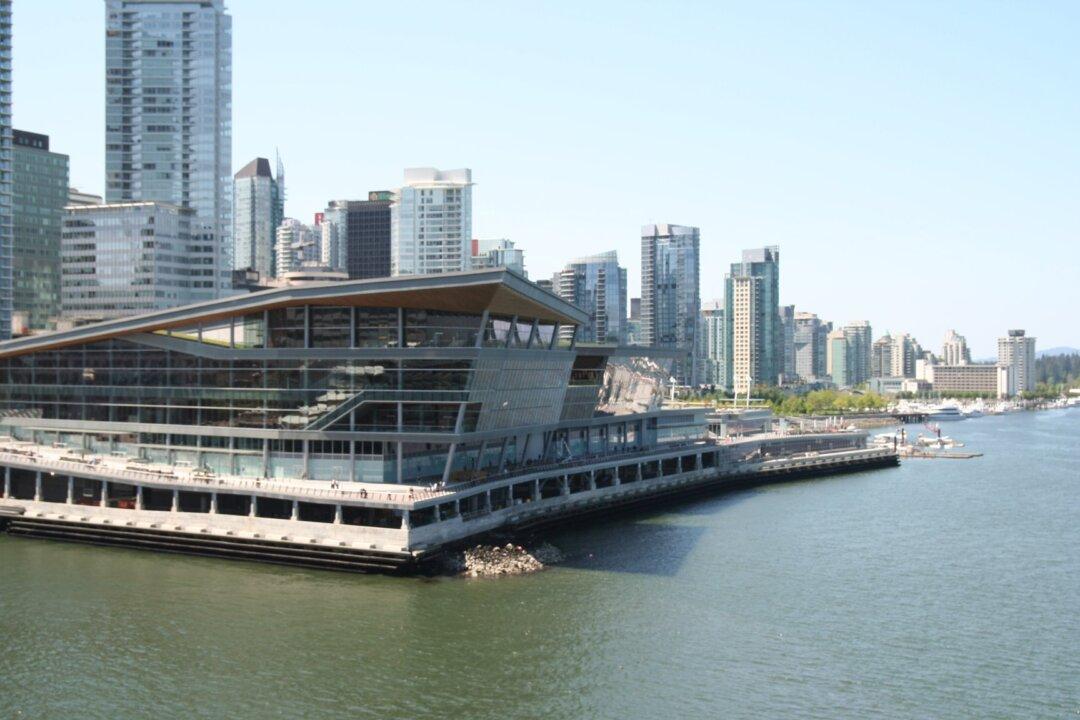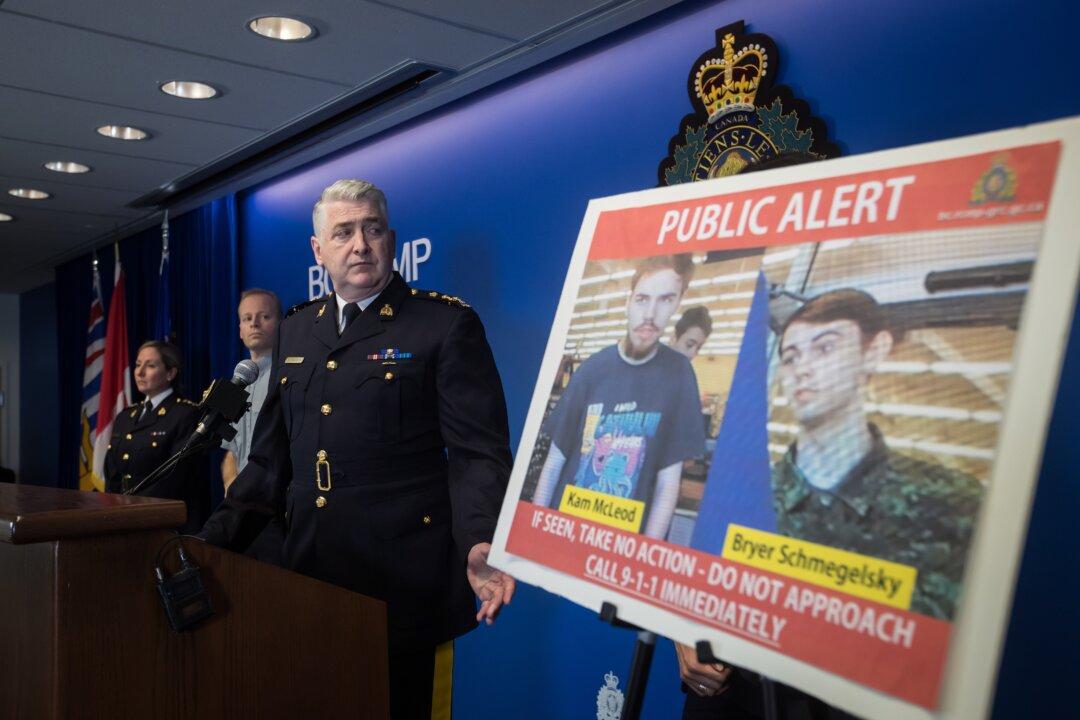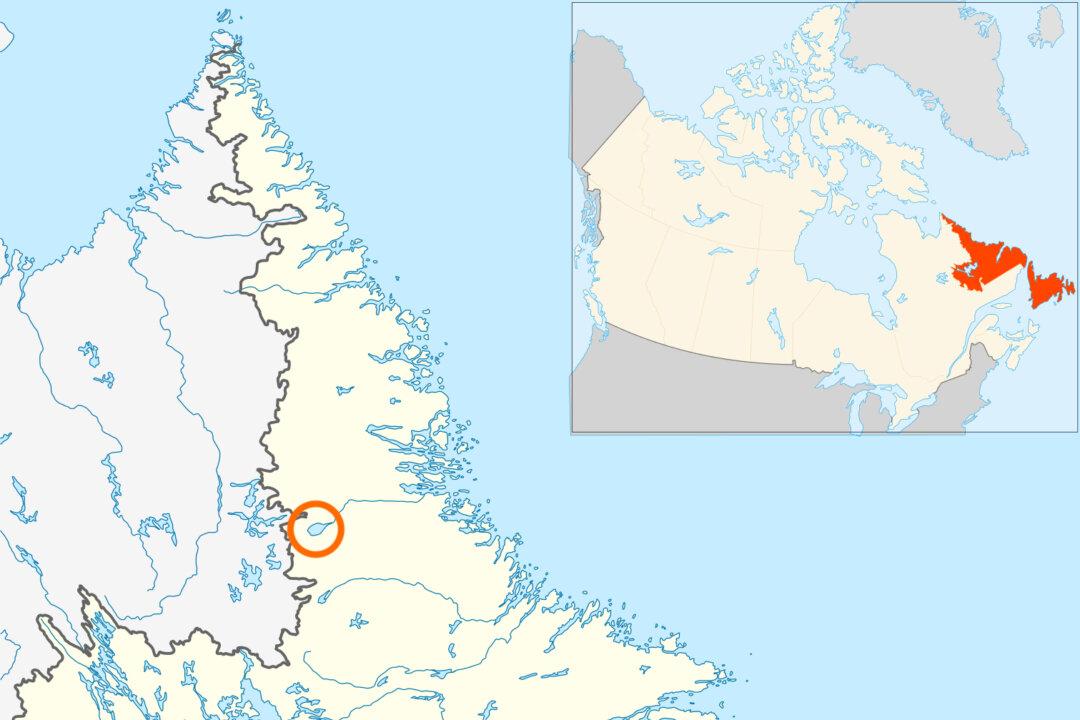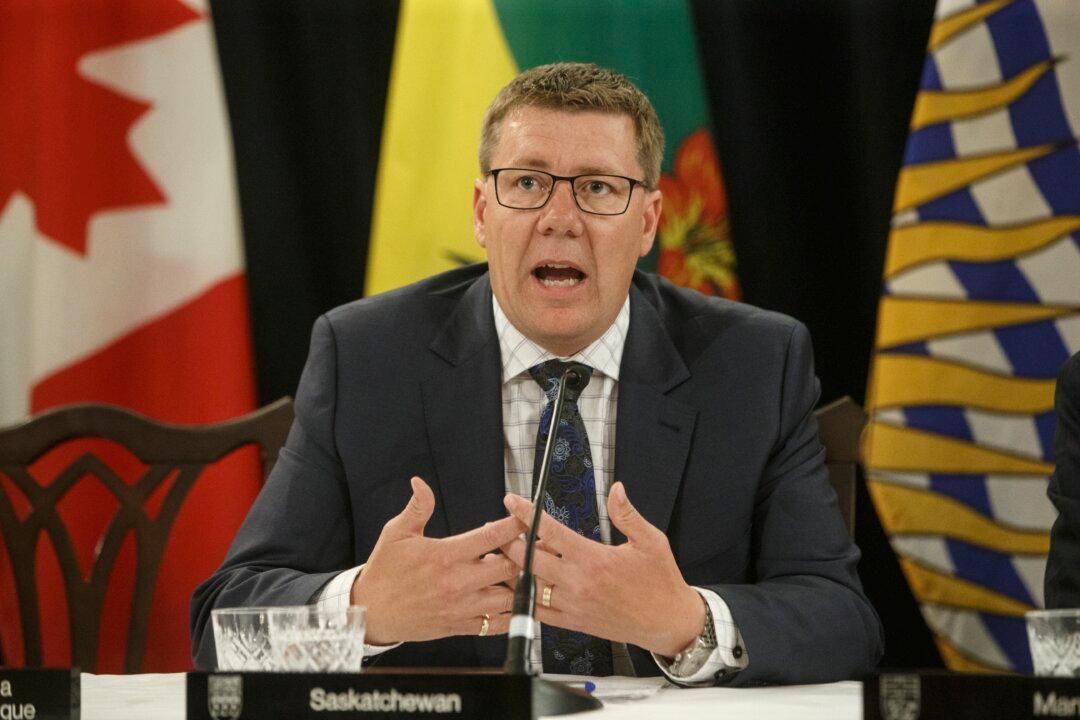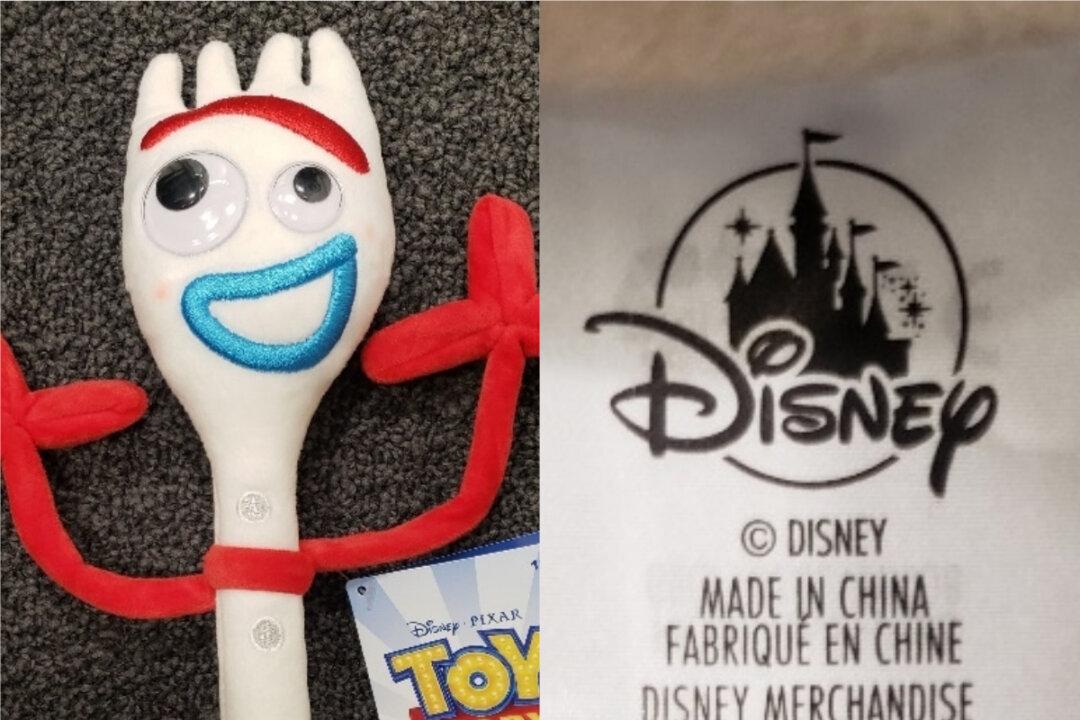A British Columbia mayor is calling out an annual mayor’s convention in the province for accepting a cash sponsorship from the Chinese regime, the only non-Canadian sponsor of the event.
The Union of B.C. Municipalities (UBCM), which describes itself as an “advocate for local government in British Columbia” on its Twitter page, holds an annual convention for B.C.’s mayors and councillors. The event lists the consulate-general of the People’s Republic of China in Vancouver as one of the reception sponsors.
